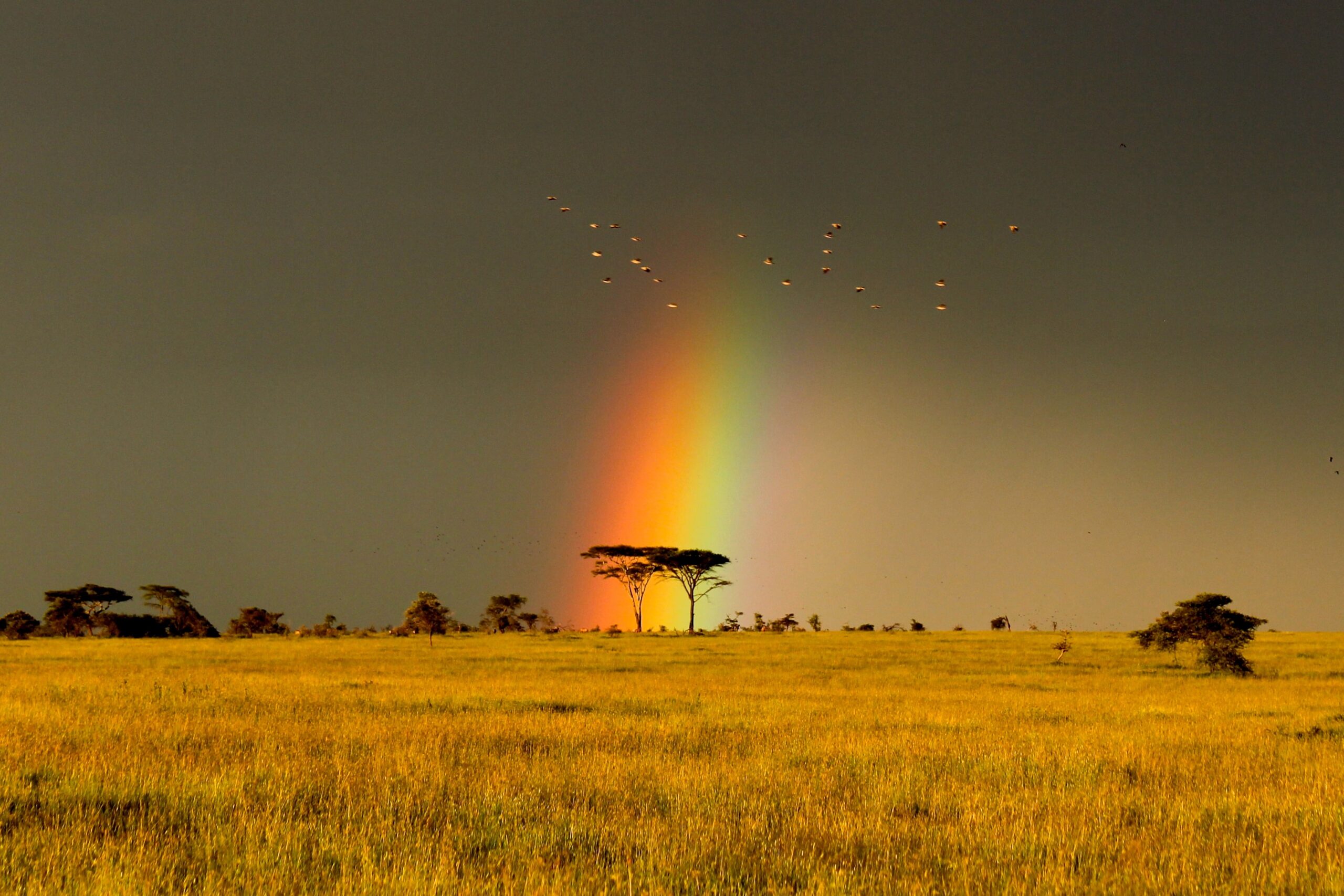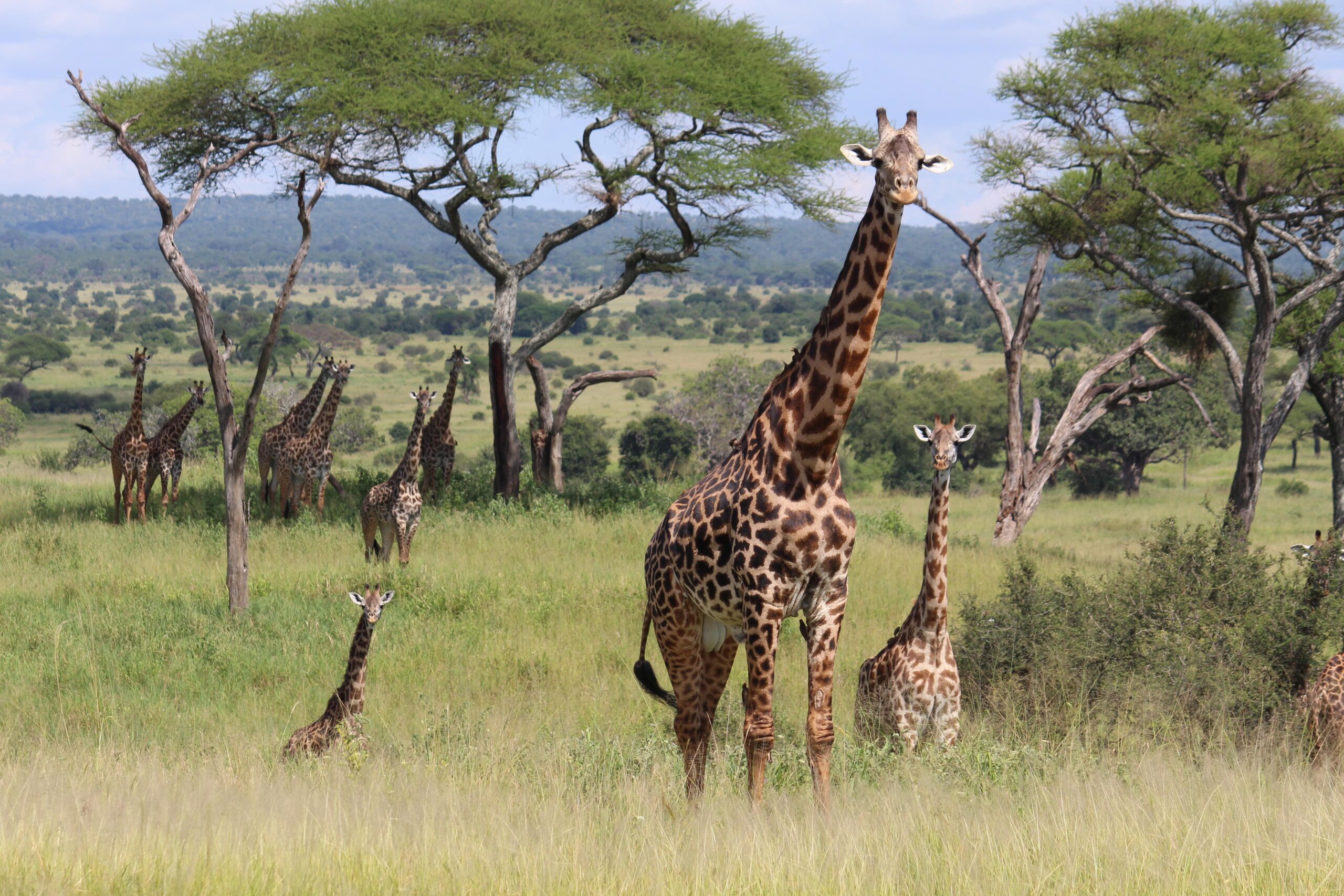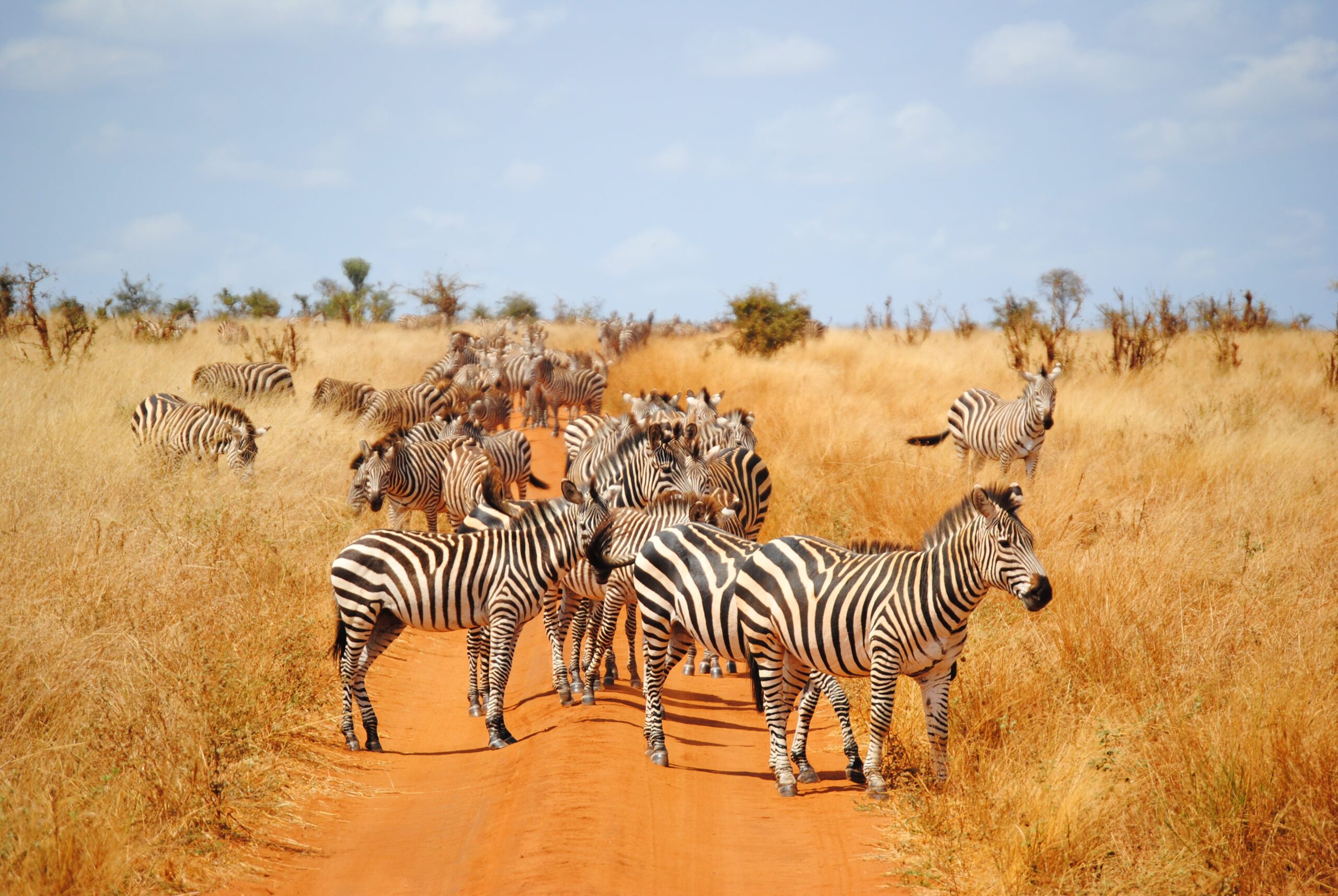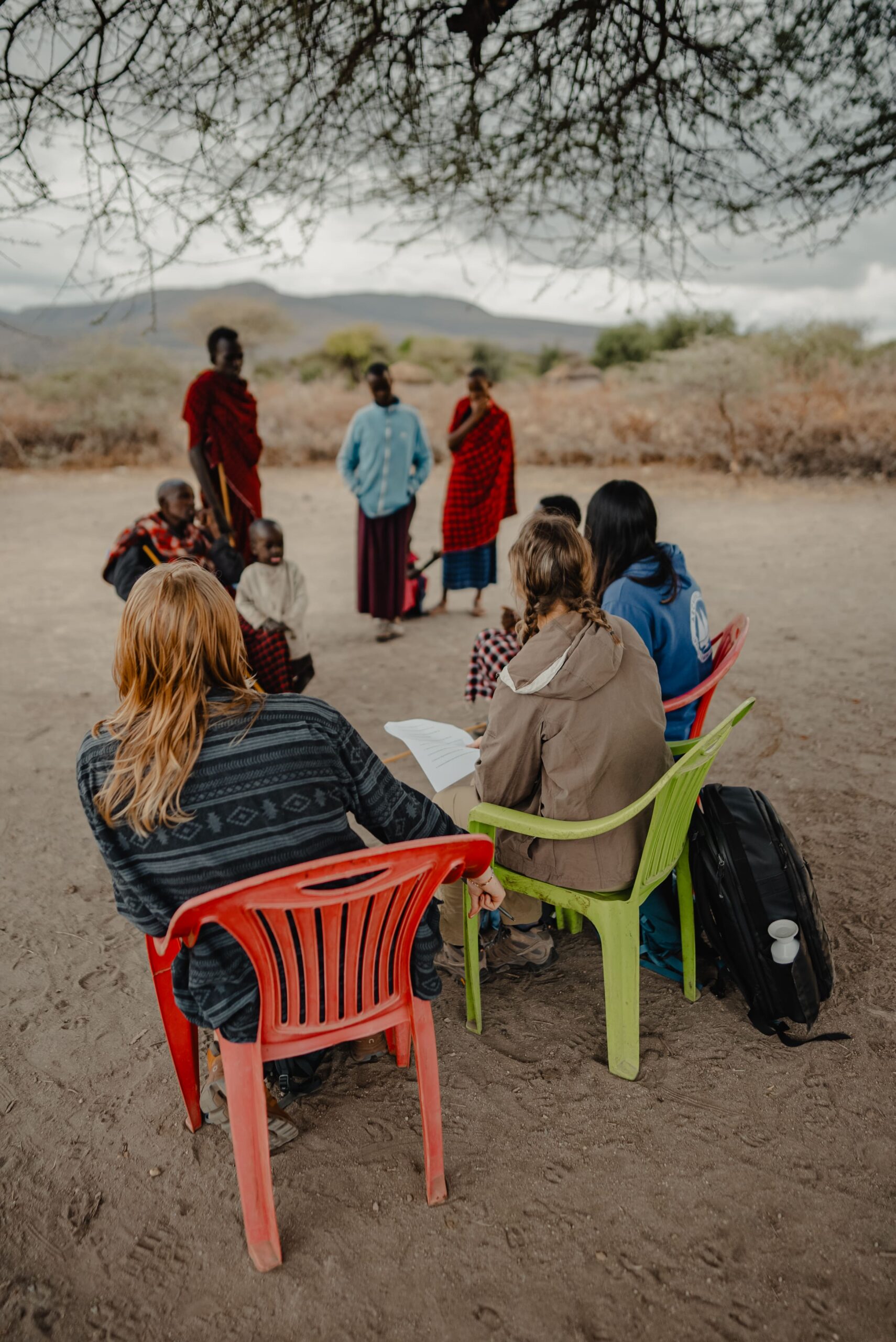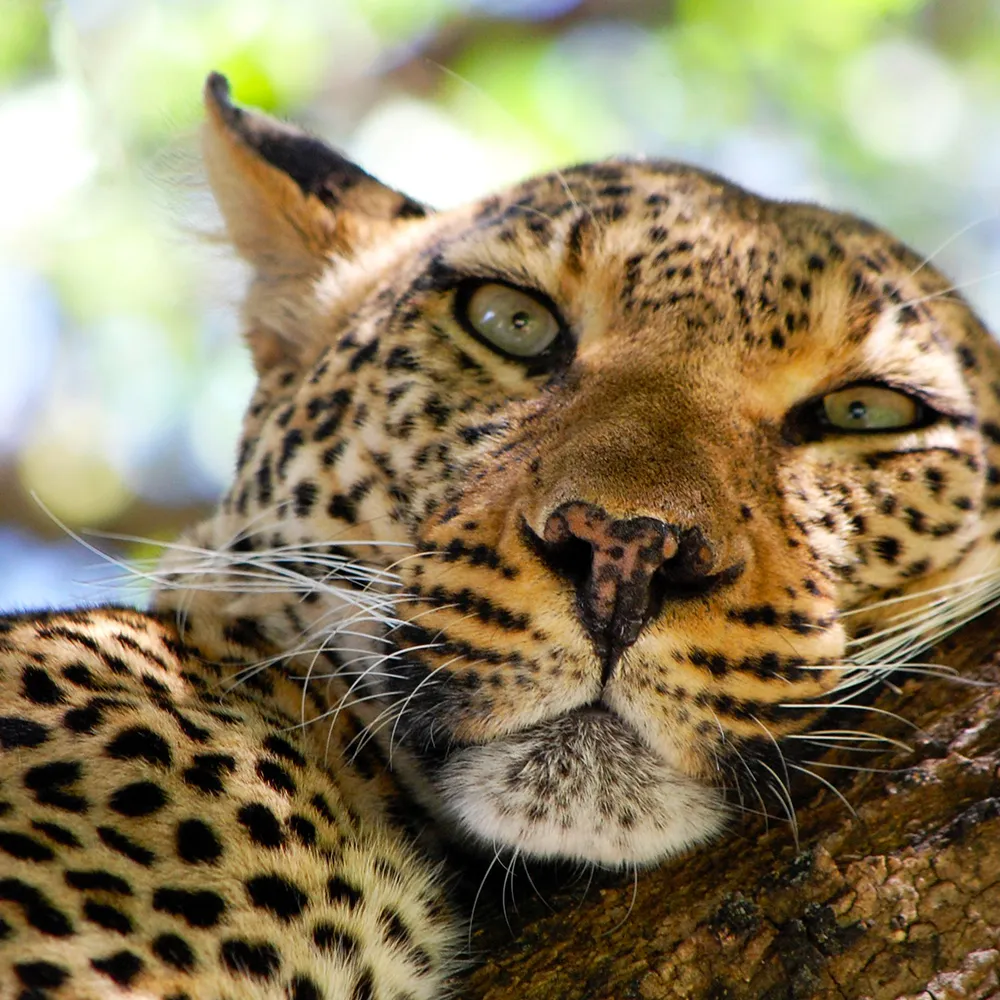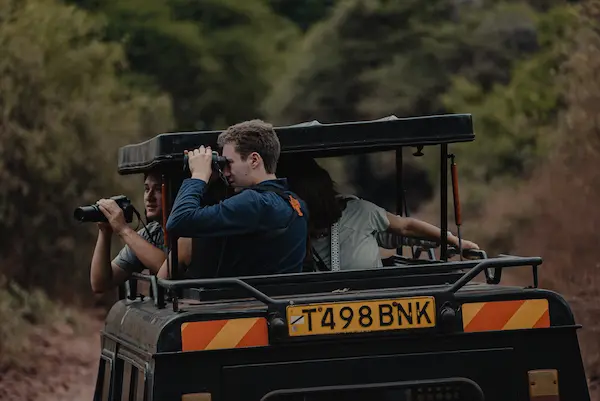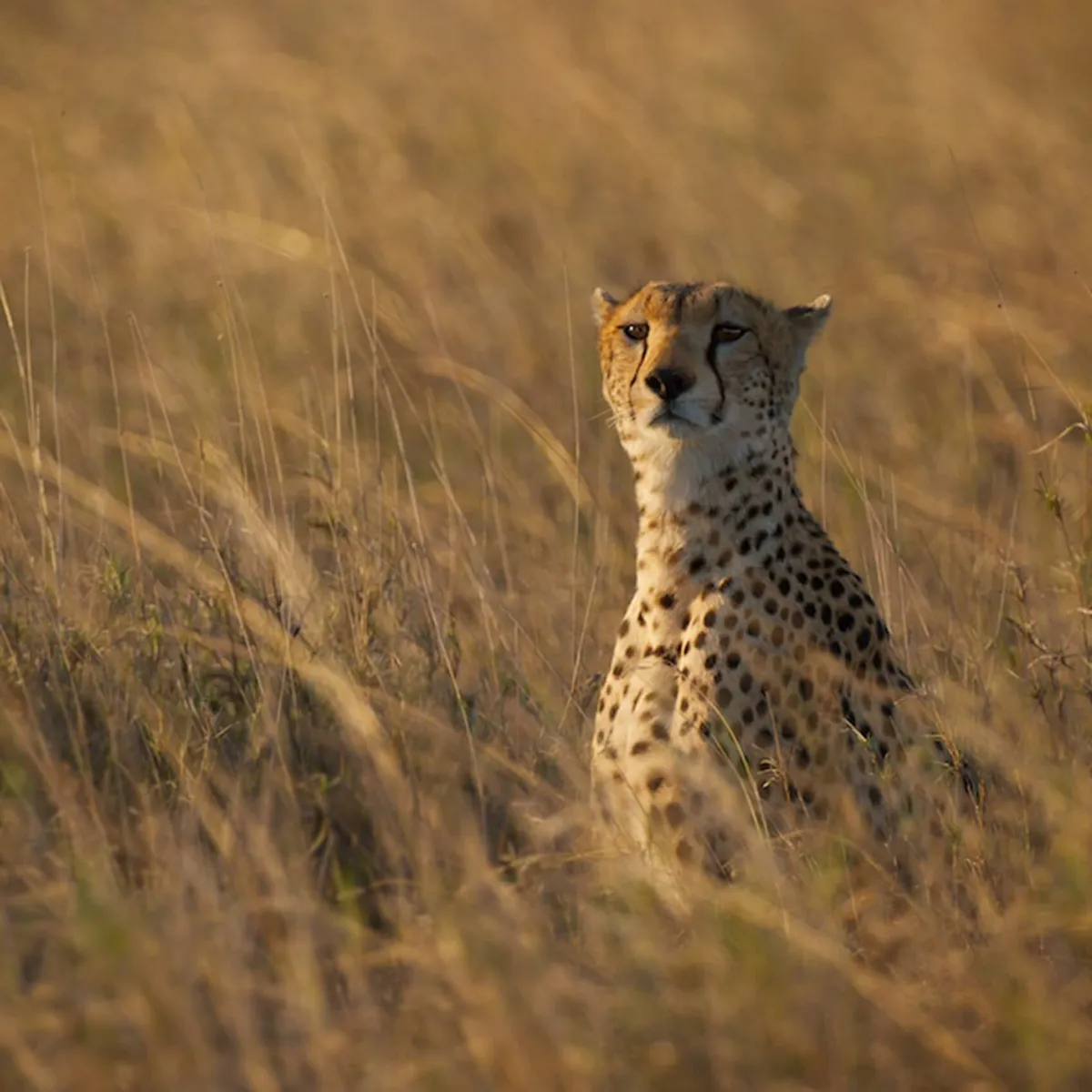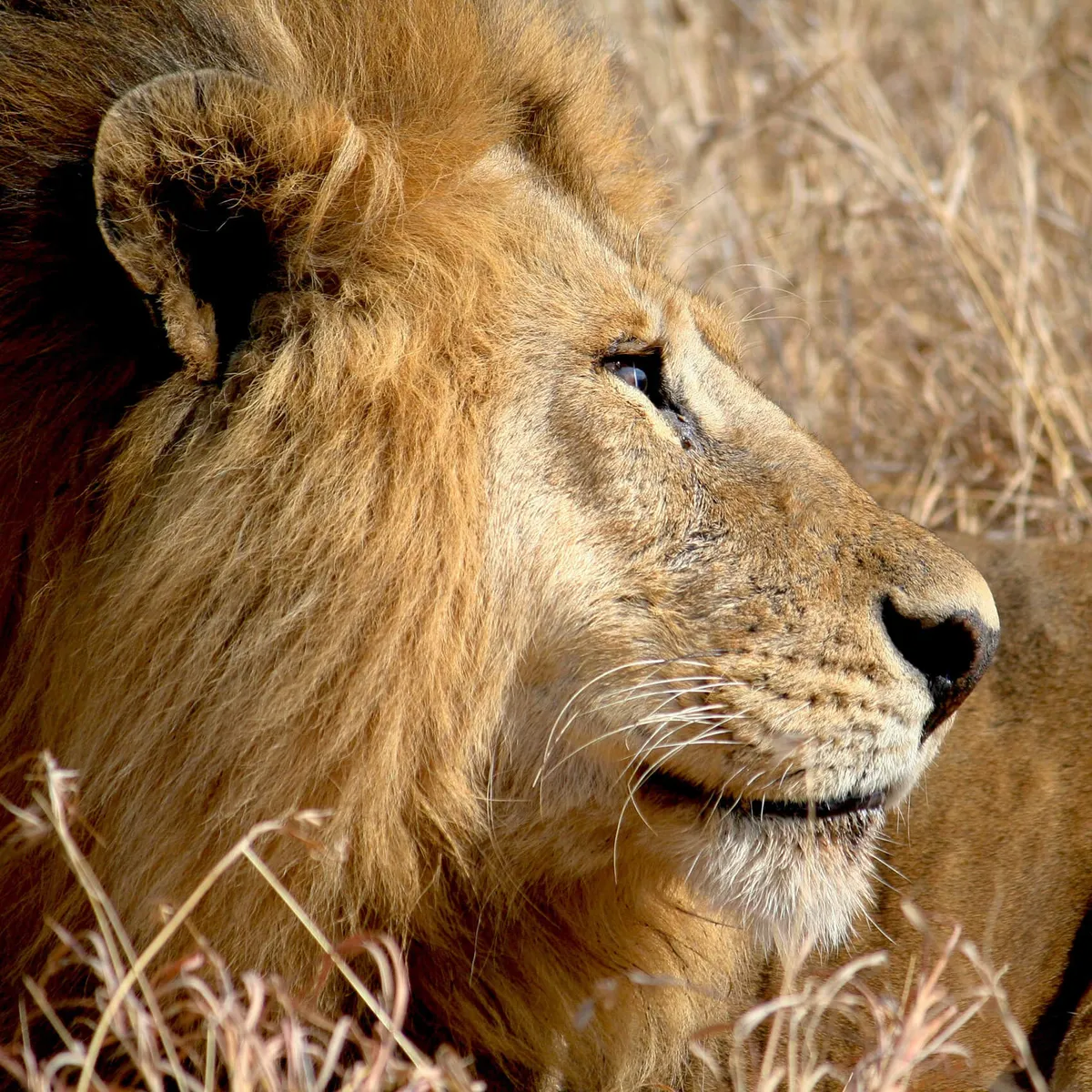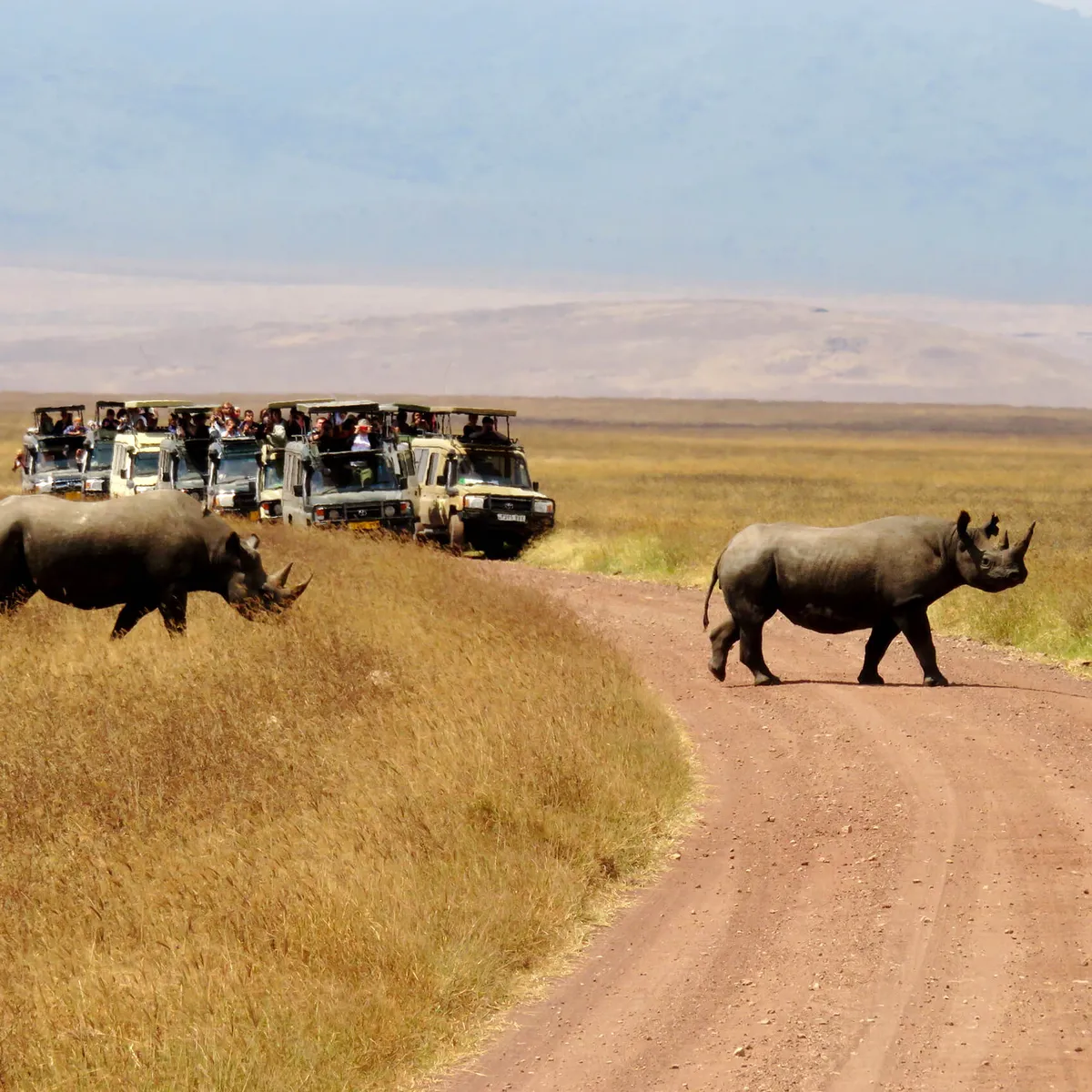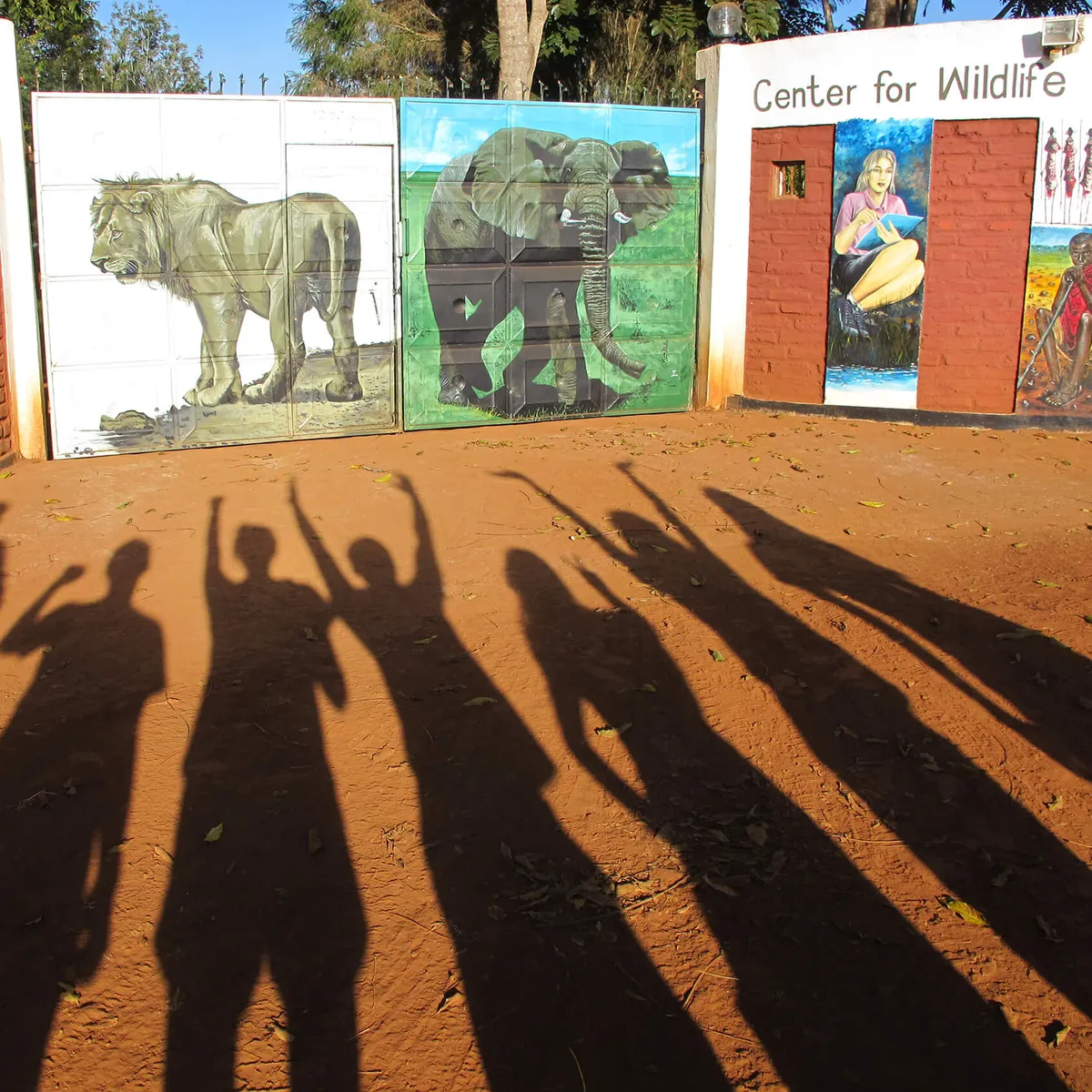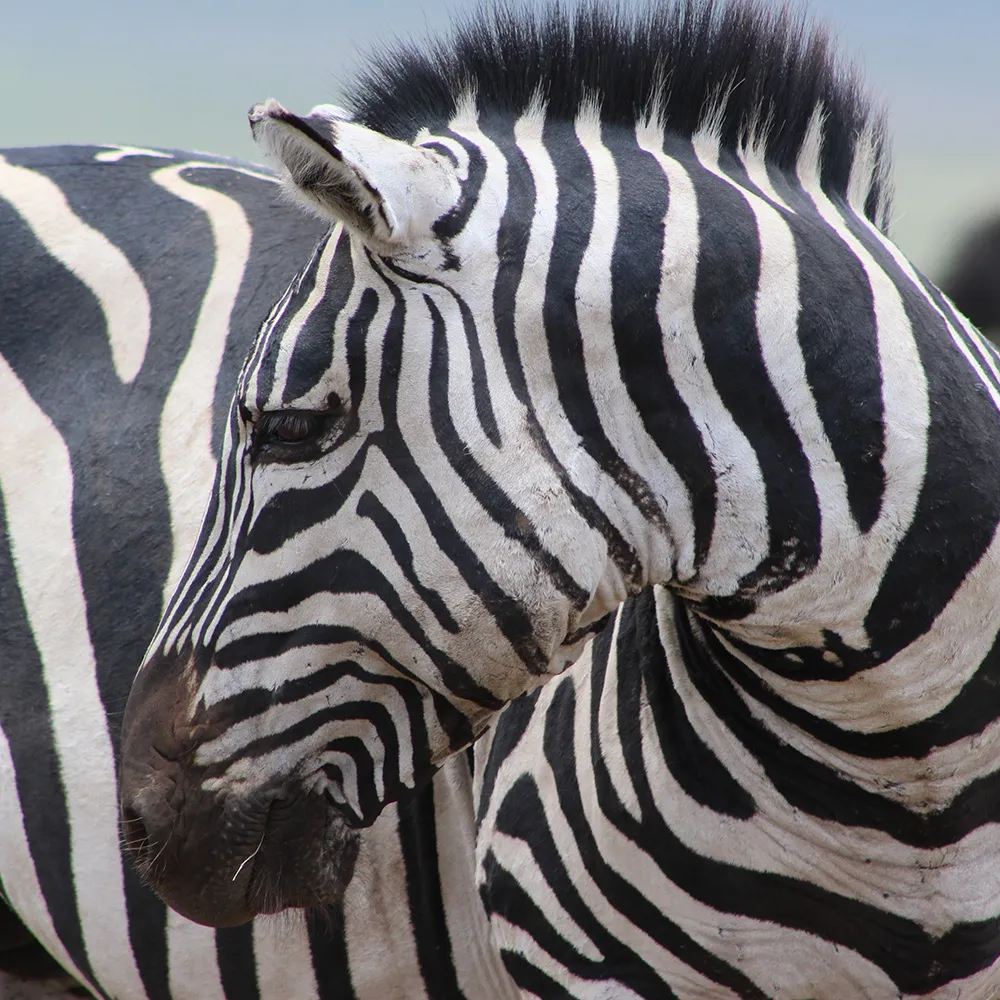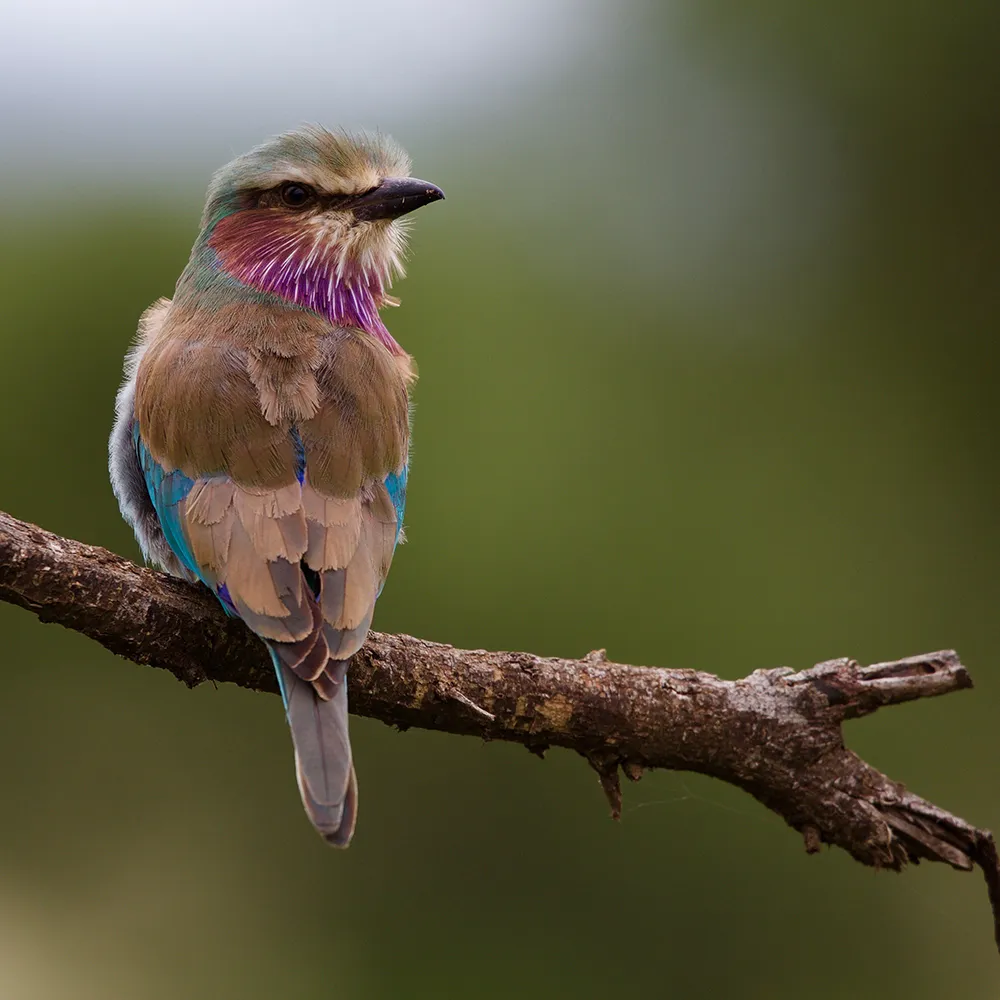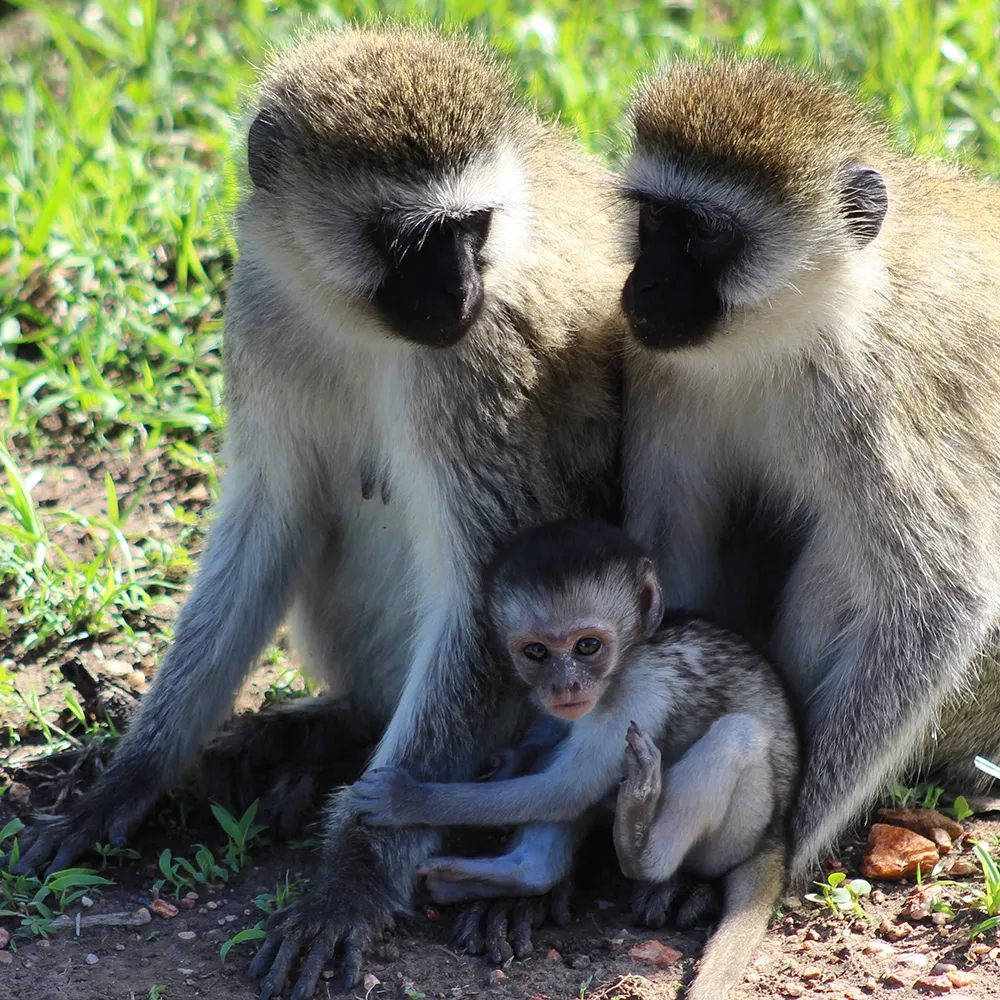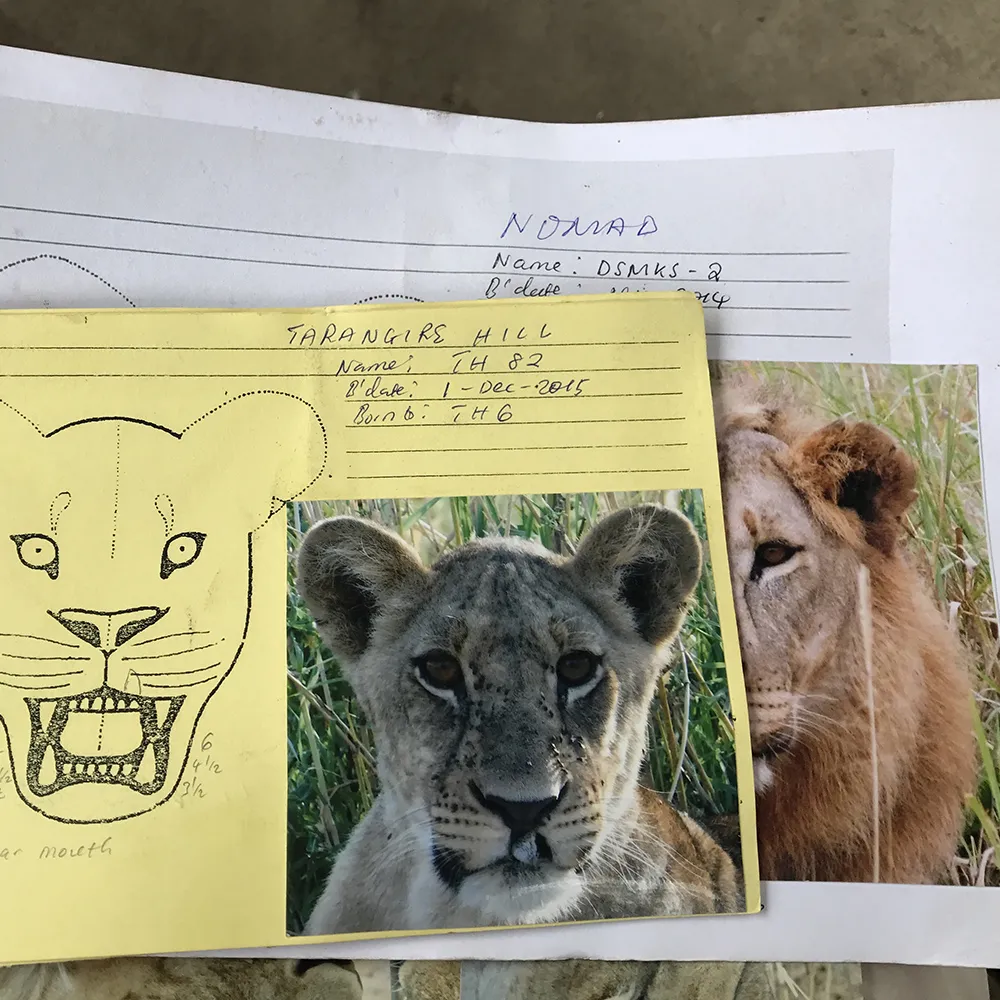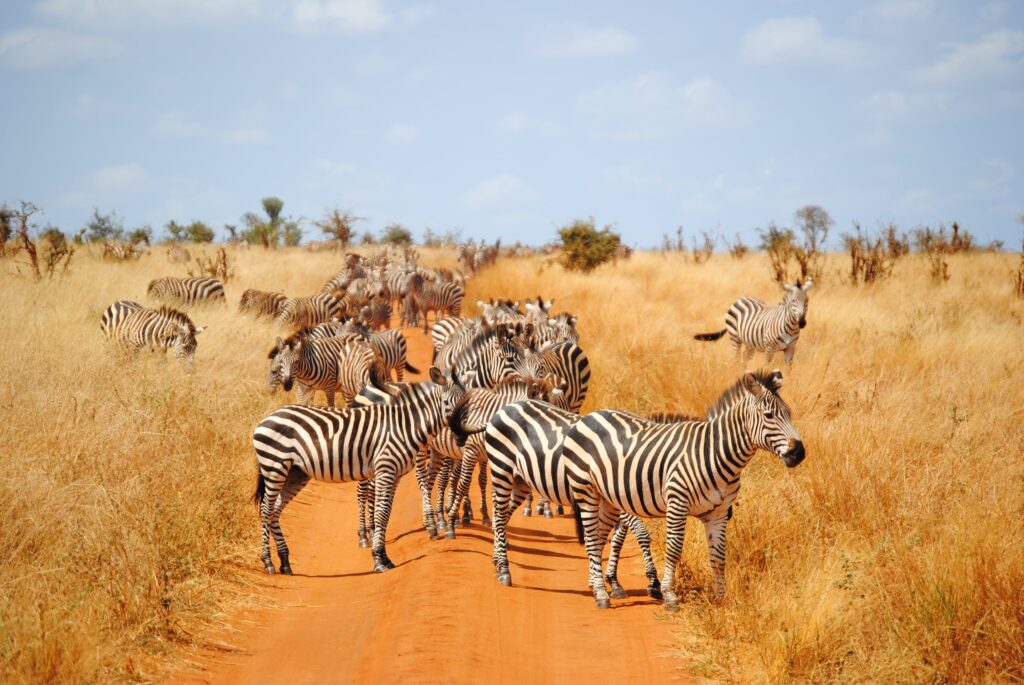
Program Costs
- Tuition
- Room & Board
- Total
Application Deadlines
Resources
Wildlife Management Studies
Step beyond a tourist experience in East Africa. Explore the iconic landscapes of Tanzania. Meet the country’s charismatic wildlife – from magnificent lions and elephants to thunderous herds of wildebeest and zebras – as you learn about their ecology and behavior. Experience the rich culture and traditions of Tanzania’s Maasai, Iraqw, and Hadzabe tribal communities while collaborating on issues of human-wildlife conflict and climate change. Finish the semester with an in-depth field research project.
- Embark on a multi-day camping expedition in Serengeti National Park, attending field lectures on the ecology and migratory patterns of the ecosystem’s teeming wildlife.
- Learn the behavioral ecology of the African elephant and African lion within the Tarangire-Manyara ecosystem.
- While camping in the Tarangire area, visit the community-managed wildlife management areas of Burunge and Randilen. Gain a comprehensive understanding of the importance of natural resource conservation towards rural community livelihood and development.
- Experience Iraqw traditions and modern lifestyles during a short home stay with a nearby family and visit a Maasai boma to learn how cultural tourism is shaping local culture and traditions
- Live and study surrounded by Tanzania’s world-famous protected areas and the magnificent fauna and flora of the African savannah. Spend free time at the Center’s campus, known locally as “Moyo Hill Camp”, relaxing in hammocks, catching a pickup game of volleyball or soccer, or taking an art class in the nearby friendly communities.
- Conduct a comprehensive field research project: Develop a research question and write a proposal, collect and analyze data, write a paper, and present your findings.
Academics
This academically rigorous program follows a six-day/week schedule. Each program combines theory learned during classroom sessions with field-based applications. The interdisciplinary curriculum is designed to help students actively discover and understand the complexities of environmental, social, and economic issues in Tanzania.
Major academic themes include:
- Wildlife conservation
- Climate change impacts
- African large mammal behavior and ecology
- Field ornithology
- Human-wildlife conflict
- Habitat assessments
- Community-based conservation
- Reptile ecology and conservation
Courses
On the Wildlife Management Studies program, you will take three 4-credit disciplinary courses, one 2-credit language and culture course, and a 4-credit capstone Directed Research course. Courses are participatory in nature and are designed to foster inquiry and active learning. Each course combines lectures, field exercises, assignments, tests, and research. All courses are taught in English.
Introduction to Swahili Language and East African Tribal Communities
This course contains two distinct but integrated modules. The Swahili language module offers listening, oral, and written practice of the Swahili language, at a basic level of proficiency, to increase students’ communication and comprehension skills. Much of the Maasai population does not speak Swahili, but it is the national language in Tanzania; this phenomenon will be explained in the second course module. The sociocultural aspects of Tanzanian tribes module emphasizes understanding of, and direct contact and interaction with, the native communities with which SFS works, primarily the Maasai. This exposure to culture and language is reviewed and processed through lectures, field exercises, and classroom discussion. The sociocultural module is designed to help students engage in the culture and be therefore more adept at working effectively in their Directed Research efforts.
Environmental Policy and Socioeconomic Values – Tanzania
This course provides insight into the broad social context surrounding natural resources to determine effective approaches to resource management. Students explore the sociocultural context of resource management including: hierarchies and power structures; formal and informal decision-making processes; value systems relevant to natural resources, including religious factors and environmental ethics; past and present uses of natural resources; economic factors (local, regional, external); ownership patterns; attitudes and other factors that effect change and their historical basis; and legal basis for enforcement of environmental policy. Students are also introduced to major constituencies that effect conservation (NGO conservation groups, economic interests, etc.) and their underlying philosophies.
Techniques in Wildlife Management
This course introduces students to the questions, principles, and tools used by resource managers in Tanzania’s savanna ecosystem. Students study habitat assessment, plant and animal identification, associations and distributions, and other approaches to evaluating ecosystems. Students examine the behavioral, physiological, and social responses of animals to a changing environment. The course introduces field and laboratory techniques for monitoring ungulate populations and optimizing management practices, as well as addressing decision-making processes on which wildlife management programs are based.
Wildlife Ecology
This course presents students with the information and conceptual background necessary to understand the underlying ecological principles of Tanzania’s savanna ecosystem. We focus on the fundamental processes and interrelationships between the biotic and abiotic environment. We begin with basic ecological principles, setting them against the background of Tanzania. Students examine the factors underlying distributions, population biology, and behavioral ecology, along with competition and predation, using African examples. Students discuss theoretical models of different basic ecological principles and then debate their applicability or constraints based on observations made in the field.
Directed Research – Tanzania
This course prepares students to distinguish hidden assumptions in scientific approaches and separate fact from interpretation, cause from correlation, and advocacy from objectivity. Students learn specific tools including: experimental design; field techniques; basic descriptive statistics; and parametric and non-parametric quantitative analysis. Emphasis is placed on succinct scientific writing, graphic and tabular presentation of results, and effective delivery of oral presentations.
Core Skills
You will gain practical skills in the field such as: GIS use and applications, habitat and biodiversity assessment, natural resource valuation, species identification and wildlife census techniques, animal behavior observation skills, radio telemetry, bird species identification, basic Swahili language skills, research design and implementation, quantitative and qualitative data collection and analysis, and research presentation.
Field Sites
You will visit different ecosystems and communities which may include national parks and wildlife management areas, the plains of the Serengeti, rural villages, Indigenous Iraqw, Hadzabe, and Maasai communities, freshwater wetlands around Lake Manyara, wildlife migratory corridors, the volcanic caldera of Ngorongoro, ranches and farms, and Olduvai Gorge – one of the most important paleo-anthropological sites in the world.
Other Tanzania Programs
Wildlife Management Studies
More Information
Program Costs
- Tuition
- Room & Board
- Total
Fundamentals of Wildlife Management
More Information
Program Costs
- Tuition
- Room & Board
- Total
Carnivores of the African Plains
More Information
Program Costs
- Tuition
- Room & Board
- Total


